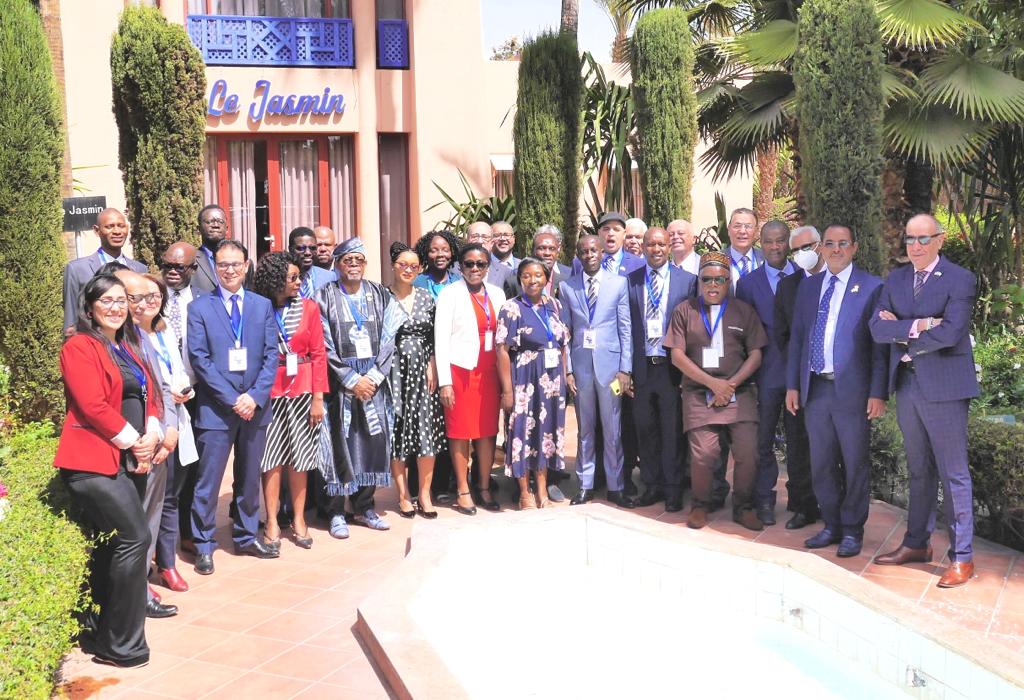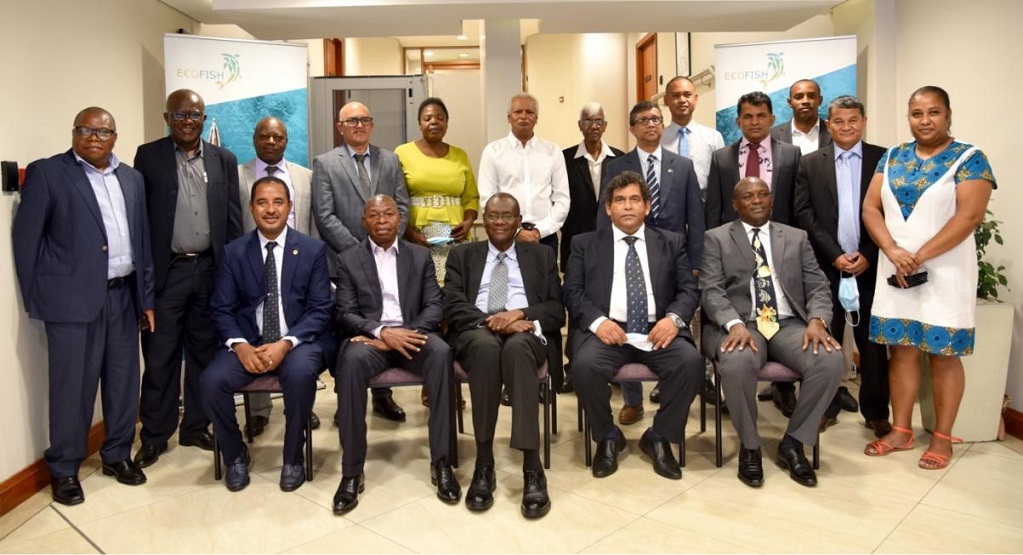Category: Thematic

Some twenty experts will be discussing within three days on "regional cooperation strategy and partnerships for the development of the blue economy in Africa". The theme of the fourth general assembly of the African Platform for Regional Institutions in Fisheries, Aquaculture and Aquatic Systems (APRIFAAS).

Lusaka, 18th March 2022 – As part of the implementation of E€OFISH Programme, eight regional organisations committed to making fisheries a lever for Africa’s development met on 17th and 18th March 2022 in Lusaka, Zambia. Kipyego Cheluget, Assistant Secretary General of Common Market for Eastern and Southern Africa (COMESA) Programs, underlined the importance and relevance […]
This video gives insights into issues of social development, employment and decent work in small-scale fisheries. Many small-scale fishing communities around the world lack access to basic services such as drinking water and housing, but also to education and health services. Most jobs in this sector are informal, the earnings are often unstable, and the […]

